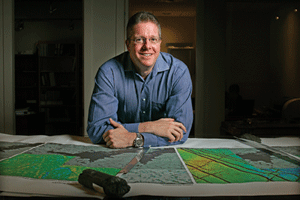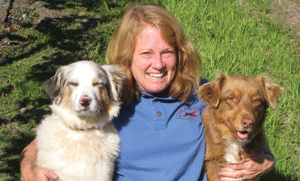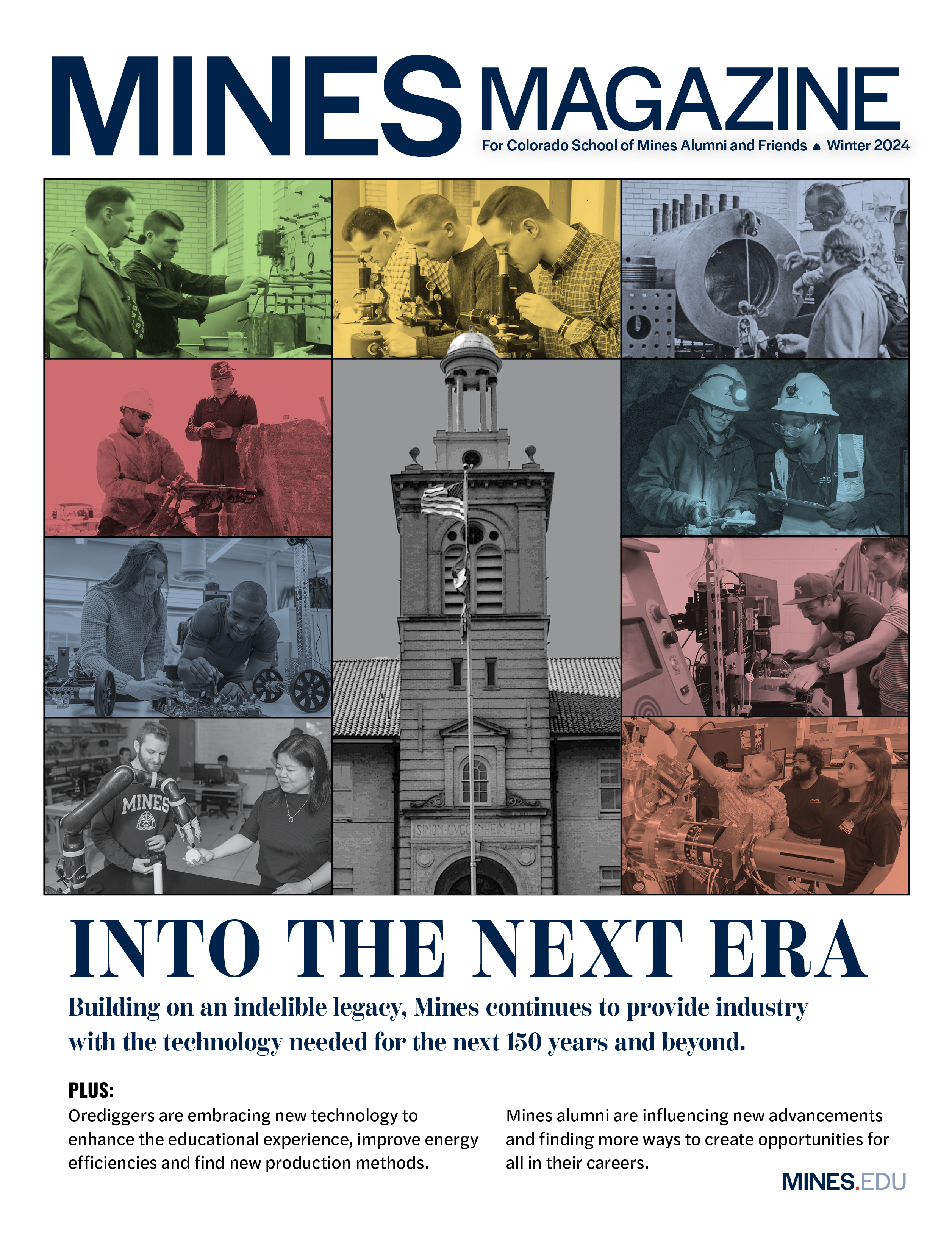Giving Life
 The decision to offer one of his kidneys for transplantation to any suitable recipient didn’t happen overnight. It came in stages for George Taniwaki ’81, who is a software program manager and contractor on assignment with Microsoft.
The decision to offer one of his kidneys for transplantation to any suitable recipient didn’t happen overnight. It came in stages for George Taniwaki ’81, who is a software program manager and contractor on assignment with Microsoft.
“A couple of people I worked with were kidney donors for people they were genetically related to,” says Taniwaki.
“Then, about 12 years ago, the guy in the cubicle next to me needed a kidney, and the guy two cubicles over donated his. I was inspired.”
Taniwaki became more intrigued about five years ago when he read an article about altruistic donors. “I’ve been a blood donor most of my adult life. So, I’m comfortable with giving part of myself to someone I don’t know to save their life,” says the former editor of The Oredigger. The article got him thinking seriously about donating. But giving blood is one thing, and giving a kidney is quite another. A numbers-and-data guy, Taniwaki diligently researched the personal risks, and his findings have helped quell his wife’s fears. “There’s the surgery, which is low-risk, manageable and reasonable,” he says. “And then there’s life after the surgery, with only one kidney. Almost all the data show that the effects are minimal,” he adds, citing a national study of 80,000 donors over 15 years. Published in the May 2010 Journal of the American Medical Association, the study found that people who donate one of their kidneys are likely to live just as long as those with two healthy kidneys.
Since he dismisses the medical and surgical risks as negligible, Taniwaki identifies only one long-term cost to donating a kidney: because of the risk of injury to the remaining kidney, donors must give up contact sports. “That’s okay,” he jokes, “I don’t do them in the first place.”
For him, the numbers have also helped reinforce the need: more than 90,000 people are on the waiting list for a kidney transplant in the U.S., and thousands die each year before receiving one.
In 2007, Taniwaki made the commitment by signing up on two national donor registries. Surprisingly, it wasn’t until March of this year that he was matched with a recipient through the University of Washington Medical Center in Seattle. After surgery scheduled in June was delayed to allow time for additional tests, the transplant is now slated for September 29.
There’s no certainty that he’ll meet the person who receives his kidney; the decision to make contact is left up to the recipient. But he’s clearly not in it for the “thank you.” After surgery, Taniwaki plans to conduct education and outreach. He’ll naturally be looking for ways to encourage people to offer a living donation, but he’ll also look for ways to encourage patients with end-stage renal disease to be open-minded about receiving one.
“There are so many people on wait lists for kidneys from deceased donors,” Taniwaki says. “People wait three, five, up to 10 years. Many people aren’t aware that they have the power to get a live donor. They don’t want to ask because they don’t want to hurt anyone. My hope is that if they see me, fine and healthy, it will make them less nervous to ask.”
“Anyone who’s moderately healthy can donate a kidney,” he says. “If you know anyone who has end-stage renal disease or is on dialysis, just offer. Really, at very little cost to you, you can literally save someone’s life.”
To read more about George Taniwaki, go to his blog: realnumeracy.spaces.live.com.
(Following publication of this story, Taniwaki wrote to Mines magazine and pointed out a couple of inaccuracies. One is corrected in the text above. The other he explains as follows: �I believe I jokingly told Anne [the writer] that the one change I would have to make after the donation was �I can’t take up kick boxing.� She asked if I was really planning to and I said �no.� She interpreted it to mean that I don’t participate in contact sports. Actually, I hold a black belt in ITF taekwondo and a purple belt in ryobu-kai karate.�





I am a recruiter for a non-profit (NOWCC) https://www.nowcc.org/. We fill open positions with the EPA and NRCS through an older worker program nationwide. Our positions are specifically for people 55 years or older and in the fields of geology, engineering, chemistry, earth sciences etc. who are passionate and wish to remain active in their chosen fields of expertise.
We have 86 enrollees here in Denver who are currently working at the EPA downtown, also the Federal Center and at the Golden Lab. There are over 500 currently nationwide.
Is there a way that we can advertise for these highly specialized and unique individuals through your site?